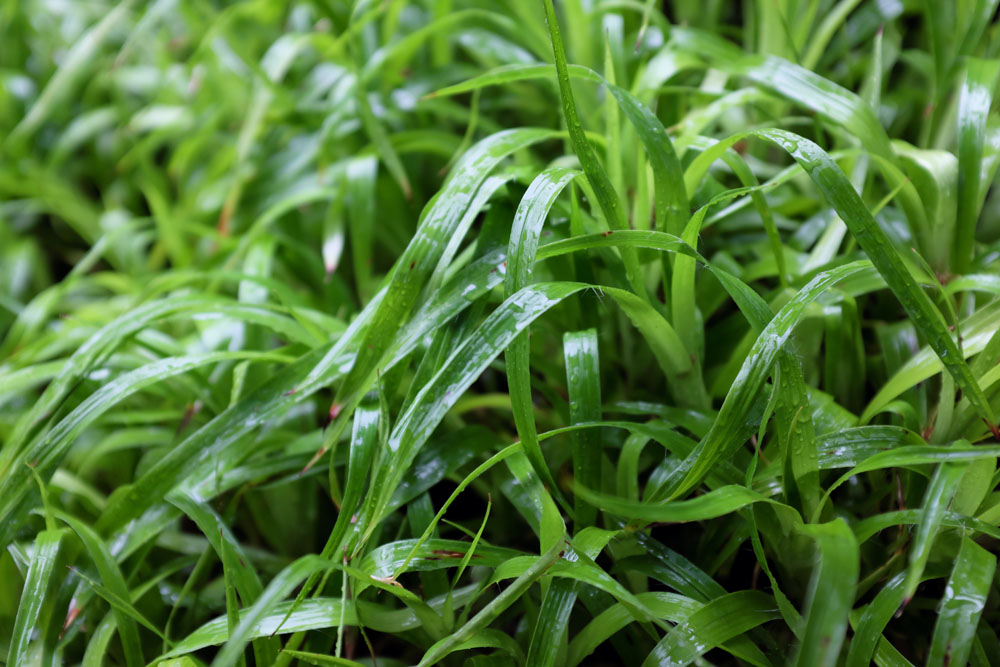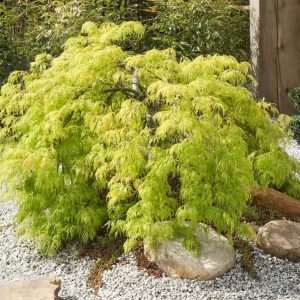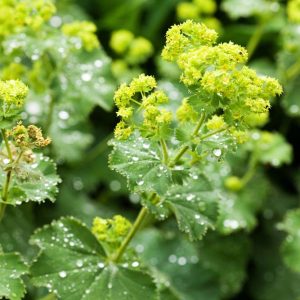Description
Luzula – Woodrush –
There are about 80 species of mostly evergreen, tufted, grass like perennials (rarely annuals), in this genus. They are widely distributed on heaths and moors, in fens and bogs, and in scrub, woodland, mountain grassland, throughout the temperate regions of the world. They spread by rhizomes or stolons. They produces broadly linear basal and stem leaves which are flat or channeled along their lengths, and fringes of zigzagged white hairs on the edges. Tiny, pale gray to golden brown, sometimes pink tinged, flowers are held on wiry stems in terminal, panicle, corymb, or cyme like clusters, in spring or summer held above the foliage. Valued for their shade tolerance, wood rushes provide useful groundcover in damp shade, either in a mixed border or in a woodland garden.
Grow in poor to moderately fertile, humus rich, moist but well drained soil in partial or deep shade. Divide in mid spring.
Prone to rust and septoria leaf spot.
L. sylvatica – L. maxima – Greater Woodrush – This densely tufted, tussock forming, evergreen perennial from Southwestern and Central Europe and Southwestern Asia grows 28-32″ tall and 18″ wide. It produces linear, channeled, glossy, dark green leaves, to 12″ long. From mid spring to early summer it bears groups of 2-5 small, chestnut-brown flowers held in open panicles, to 3″ long.
Zones 4-9




